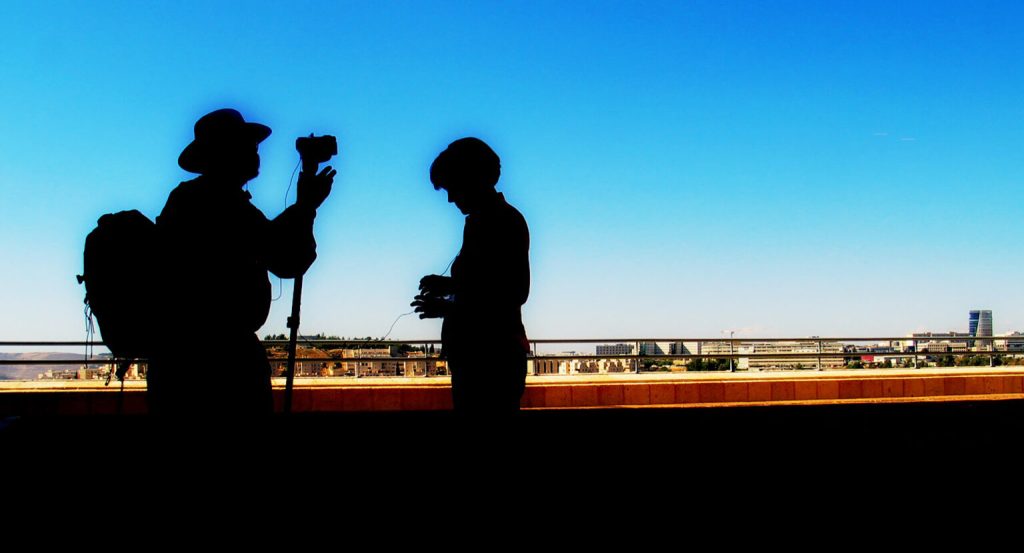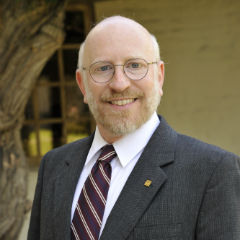
- This event has passed.
The Jewish Female Body in Argentine Cinema: Modernization, Desire, and Difference in the Late 20th Century
Wednesday, October 19, 2022, 6 – 7:30 p.m.
The second half of the 20th century marks shifts in the representation of Jewish women in Argentine cinema. During the first half of the 1960s, a time when Argentina´s film culture was transformed by the decisive influence of European film modernism but also a time of rarified political climate in which the Eichmann affaire catalyzed a growing wave of antisemitism, Argentine cinema produced an image of the Jewish woman as a modernizing figure. Along with the Jewish young man—shown as the modernist intellectual, the progressive political militant— the Jewish young woman, the sister, the daughter was a transgressive and sexualized character, shown as desirous of and desired by non-Jewish men. In the post-dictatorial 1980s, the Jewish female appears again as a transgressive element in popular culture. At the times of the so-called destape, the cultural disinhibition that followed decades of political and cultural repression, the “Russian girl”, the “Polish girl”, the “girl from the Zwi Migdal” emerged as part of a constellation of disruptive elements in the convulsed Argentine democracy. This presentation will explore these two figurations of the Jewish woman in the specific context of Argentine cinema while aiming to trace similarities and resonances in other film cultures and specifically in American film.
Débora Kantor has a degree in political science, an M.A. in cultural sociology and is a Ph.D. candidate at the Social Sciences Faculty of the University of Buenos Aires (UBA). Her doctoral research, focused on the representation of Jewish characters and Jewishness in Argentine modern and contemporary film, is funded by the National Scientific and Technical Research Council (CONICET) of Argentina.



